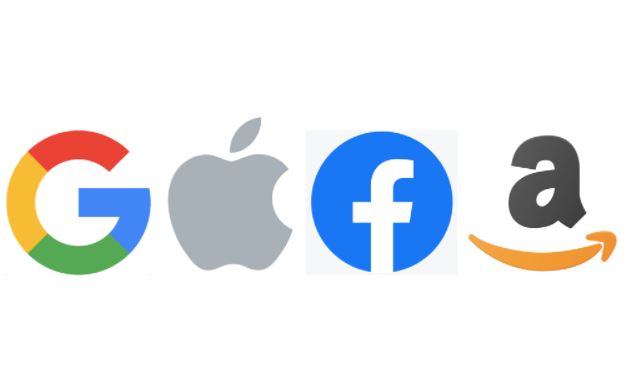Alphabet divisions Amazon, Apple, Facebook, and Google may have to change their business practices in Europe or face hefty fines of 6% to 10% under new draft EU rules to be announced on Tuesday.
The rules represent the most significant attempt by the 27-nation bloc to mobilize the power of the US tech giants to manage datasets and online platforms that thousands of businesses and millions of Europeans rely on.
They also note the European Commission's disappointment with antitrust lawsuits against tech giants, especially Google, which critics say have not solved the problem.
Regulatory controls around the world are increasing the power of tech giants and their companies.
European Competition Commissioner Margrethe Vestager and EU Commissioner for Internal Market Thierry Breton will present rules that will not only mobilize tech giants but also prevent anticompetitive dominant companies from emerging.
One set of rules, called the Digital Markets Act, requires fines of up to 10% of annual turnover for those who violate the new rules, a spokesman for Reuters said.
It also provides a list of actions and bans by dispatchers, which will be categorized according to criteria such as the number of users, income, and the number of markets they operate in, other sources say.
The second set of rules, known as the Digital Services Act, is also intended for very large online platforms i.e. Y. For those with over 45 million users.
They will have to do more to combat illegal content on their platforms, platform abuse that violates fundamental rights, and deliberately manipulating platforms to influence elections and public health.
Companies will also be required to provide details of political advertising on their platforms and the parameters their algorithms use to offer and rank information.
The draft rules must comply with the requirements of the EU countries and EU legislators. Some are calling for stricter laws, while others are concerned about the availability of overregulation and the impact on innovation.
Tech companies, which have called for proportional and balanced laws, are expected to use the split to lobby for weaker rules, with a final draft expected in the coming months or even years.


Post a Comment